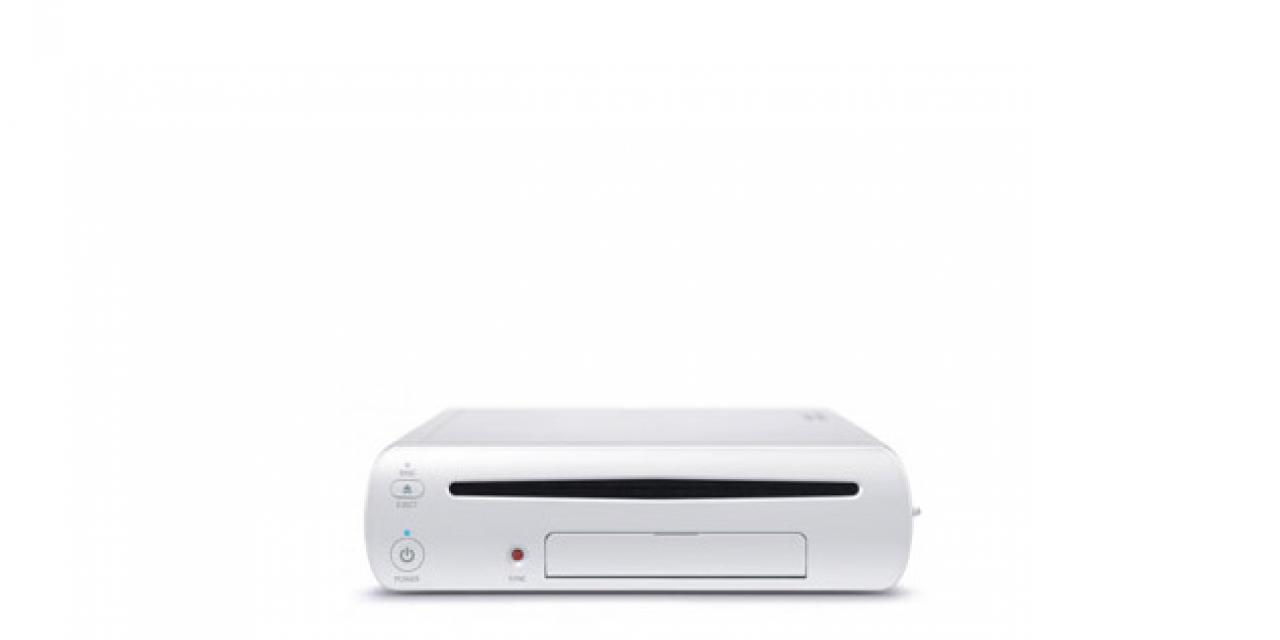
We know now everything there is to be known about the Wii U before its November 18th release date. We have a good idea about what its internal hardware will be, we know its pricing and we know the game lineup on launch day. Is it overwhelming, underwhelming or just what we expected? Will it sell well and will it last when its competitors land a year later?
These are questions worth asking.
The most obvious thing to consider at first glance is the cost. Taking into consideration the $300 price tag for the basic, Gamepad included version, and the fact that Nintendo usually likes to make a small profit on its hardware, we can surmise that the Wii U is a very cheap console to manufacture. It wouldn't be surprising in the future, if we also see a $150 machine going up for sale without a gamepad.
That puts the Wii U in a very difficult to dislodge price point, especially since by the time the PS4 and Xbox 720 arrive – even if Microsoft ends up offering a $99 subscription machine – the price may have fallen even further.
However, very low cost means a lower standard of hardware. Leaks from some sources have suggested we'll be looking at an AMD GPU capable of handling 1080p high definition resolutions and up to DirectX 10.1. That means no tessellation and no support for 4k UDTVs that are likely to become far more common place in the years to come.
It also means that while the Wii U will feel contemporary at launch, it will before long, fall far behind the newer machines from Microsoft and Sony in terms of visuals and in capabilities of any emerging technologies – such as higher definition movie watching.
But will this matter?
With many people considering this the last generation of consoles, is there much point in looking three or four years down the line? By that stage we may have all moved beyond consoles, into the cloud, or onto PCs that are able to virtualise anything. More likely though, we'll all be gaming somewhat on mobiles.
While mobile gaming is hardly a dominant force in the industry at the moment, it wasn't even talked about just a couple of years ago. Today, many millions of people play games on their phones and that is going to increase, because it's not just Angry Birds anymore. One quick look at the latest Infinity Blade title and you can see how far mobile phone visuals have come. Imagine what they will be like in three years’ time? Probably not too dissimilar from the latest and greatest the Xbox 720 will throw at us. It wouldn't be hard to hook those little powerhouses up to a TV and play with a controller plugged into the base either.
So where does that leave the Wii U?
Throughout the latest generation, Nintendo has focused on the casual gamer and the social gamer. While it has announced a return to prominence for the hardcore with its new machine, the lack of high end hardware will make that very difficult as the Wii U ages, so colourful family games will need to dominate. But Nintendo faces another problem there, because not only does it have competition in that region from mobile phones, but Facebook social gaming and even a couple of new competitors in the lounge: The Ouya and Steam Big Picture.
The Ouya will come at a price point even Nintendo can't compete with. It'll offer the casual gaming experience that many people are looking for and it'll even have AAA gaming via OnLive – if the company stays afloat long enough. Steam's Big Picture could offer even more of a problem, since the PC is the classic, ever evolving power platform that has everything, and with Big Picture, the best of every world in terms of control scheme.
What this tells us, is that despite the Wii U's year long advantage over Microsoft and Sony allowing it to capture the next-gen early adopters, that advantage won't mean it will last in the years to come. On top of that, you have the growing competition of other consoles, other avenues of gaming that will sap its potential in the casual and family gaming market.
In short, Nintendo likely only has a couple of years with its Wii U being relevant. But maybe Nintendo knows that? Maybe that's why we're looking at a cheap system that offers what people want now. Maybe that's why the long-time gaming developer isn't offering some massive, futuristic machine that will likewise by outdated soon after release.
What do you guys think? Is Nintendo offering up its final bit of kit before galloping off into the sunset, or is it really going to struggle as much as it appears? Sound off below.
